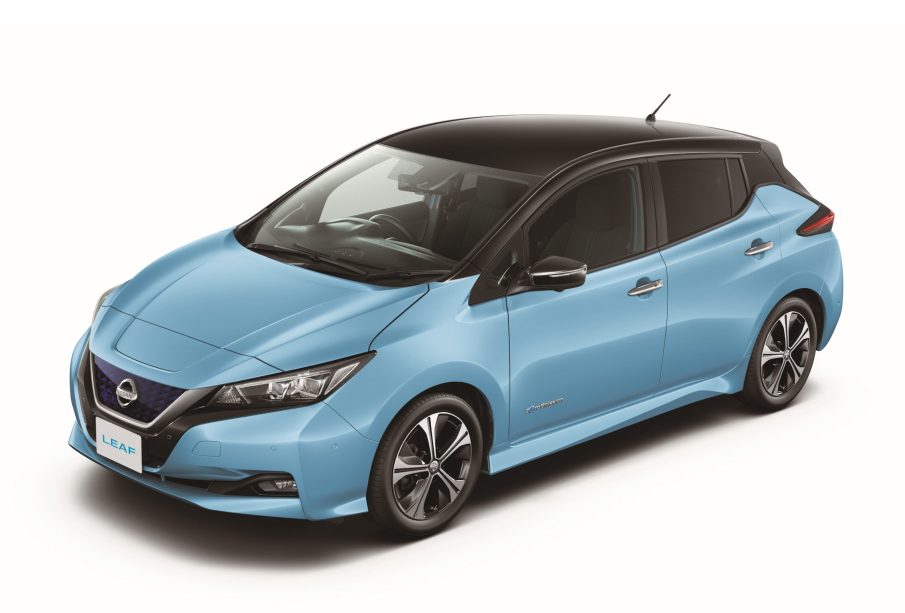Introducing the New Nissan Leaf: Revolutionising Electric Driving

Introduction
The automotive industry is rapidly evolving, with electric vehicles (EVs) leading the charge towards sustainable transport. Among the forerunners in this sector is the Nissan Leaf, a staple of the electric car market since its debut. The new Nissan Leaf, launched in 2023, embraces advanced technology, improved performance, and enhanced sustainability, solidifying its position as an attractive option for environmentally conscious drivers.
Key Features of the New Nissan Leaf
The updated model of the Nissan Leaf showcases several key enhancements designed to improve overall user experience. The new Leaf sports a refreshed design with sharper lines and a more aerodynamic profile, which not only enhances its aesthetic appeal but also contributes to increased efficiency.
One of the most significant updates is the expanded battery range. The new Nissan Leaf is equipped with an improved 60 kWh battery that allows for a remarkable driving range of approximately 239 miles on a single charge, making it a practical choice for both city driving and longer journeys. Moreover, the vehicle supports fast charging capability, helping owners recharge their batteries to 80% in under 40 minutes at compatible charging stations.
Technological Advancements
Nissan has integrated cutting-edge technology into the new Leaf, including the ProPILOT Assist system, which offers semi-autonomous driving features. This technology provides drivers with adaptive cruise control, lane-keeping assistance, and more, promoting a safer and more relaxed driving environment. The Leaf also features an upgraded infotainment system with a high-definition display that supports Apple CarPlay and Android Auto, keeping drivers connected on the go.
Environmental Impact and Sustainability
In line with Nissan’s commitment to sustainability, the new Leaf is manufactured with more eco-friendly materials and processes. The use of recycled materials in the seats and interior trim highlights Nissan’s focus on reducing the vehicle’s carbon footprint. Furthermore, as a fully electric vehicle, the Leaf contributes to reduced greenhouse gas emissions, helping to combat climate change and leading the way towards a more sustainable future.
Conclusion
The new Nissan Leaf represents an important step forward in the electric vehicle landscape, offering not only impressive features and performance but also a commitment to sustainability. With its enhanced range, innovative technology, and environmentally conscious design, the Leaf continues to be an appealing option for those looking to make the switch to electric driving. As more consumers seek greener alternatives, the Nissan Leaf is set to play a crucial role in shaping the future of transportation.








